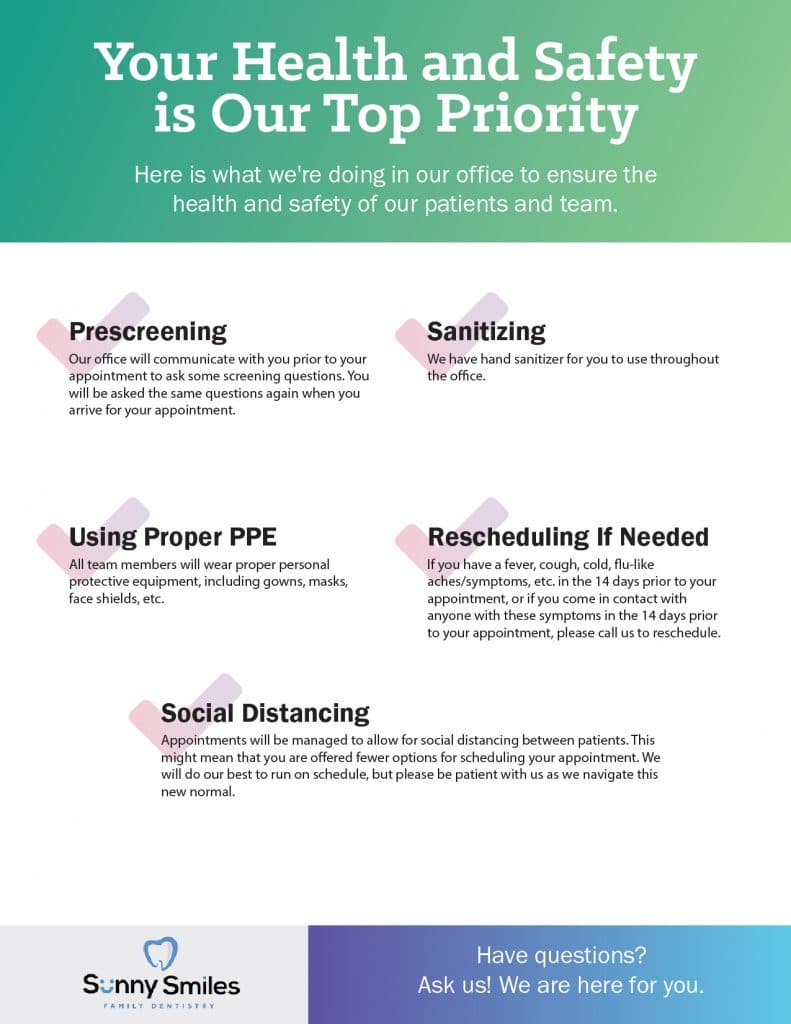 One of the more worrisome things about TMJ disorder is that you can have it for quite a while without ever realizing the problem. The symptoms of the disorder, such as aches and pains in your jaw and diminished bite function, can continue to grow worse. Yet, finding the cause of them can be difficult if you don’t already know what to suspect. At our El Paso, TX, dental office, we’ve helped many patients overcome their chronic aches and pains by tracing their source back to TMJ disorder and designing customized treatment plans to address it.
One of the more worrisome things about TMJ disorder is that you can have it for quite a while without ever realizing the problem. The symptoms of the disorder, such as aches and pains in your jaw and diminished bite function, can continue to grow worse. Yet, finding the cause of them can be difficult if you don’t already know what to suspect. At our El Paso, TX, dental office, we’ve helped many patients overcome their chronic aches and pains by tracing their source back to TMJ disorder and designing customized treatment plans to address it.
Several different aches and pains
TMJ disorder, which stands for temporomandibular joint disorder, affects your jaw joints and their ability to move properly. This makes jaw pain and discomfort a potentially obvious symptom, but the disorder can also lead to several other forms of discomfort. For instance, malfunctioning jaw joints can compress and irritate the cranial nerves closest to your jaw joints. Known as the trigeminal nerve group, these nerves pass through most of your oral and craniofacial structures. When disturbed, they can lead to:
- Chronic headaches and migraines
- Tinnitus (pain and ringing in the ears)
- Sore jaw and facial muscles
- Aching shoulder and back muscles
- And more
Biting and chewing gets harder
Chronic aches and pains can be debilitating when they grow severe enough, which can inhibit your bite’s proper function. With TMJ disorder, the pain is complicated by the fact that the disorder itself can make biting and chewing more difficult. When one or both of your jaw joints are unable to move properly, they’ll have trouble opening and closing as needed. Eating your food and enunciating your words clearly can become increasingly more difficult on top of the discomfort in your jaws and more.
Your dentist diagnoses it during a routine exam
The reason why TMJ disorder can be difficult to diagnose is because its many different symptoms can also be related to a variety of other conditions. However, your dentist may notice the signs during your routine exam, or know to check for it if you speak about your symptoms. A thorough examination may reveal an imbalance in your bite, or signs of tooth damage that could indicate TMJ-related bruxism. If you are diagnosed with TMJ disorder, then we can design the right treatment to address your discomfort and the cause behind it.
Find the right TMJ disorder treatment
TMJ disorder can come in a variety of forms, and so can its many different signs and symptoms. To find out if you can benefit from customized TMJ treatment, schedule an appointment as soon as possible by calling the Sunny Smiles dental office nearest you in El Paso, TX, today! We also have offices in Chaparral, Canutillo, and Vinton so we can easily serve patients throughout all surrounding communities.




